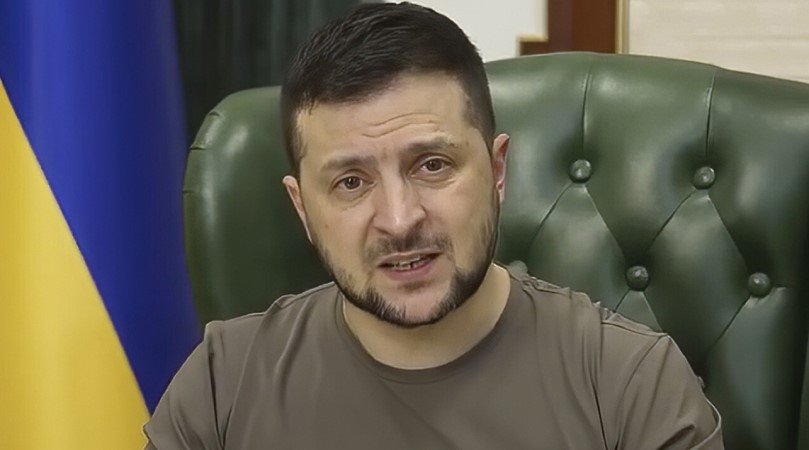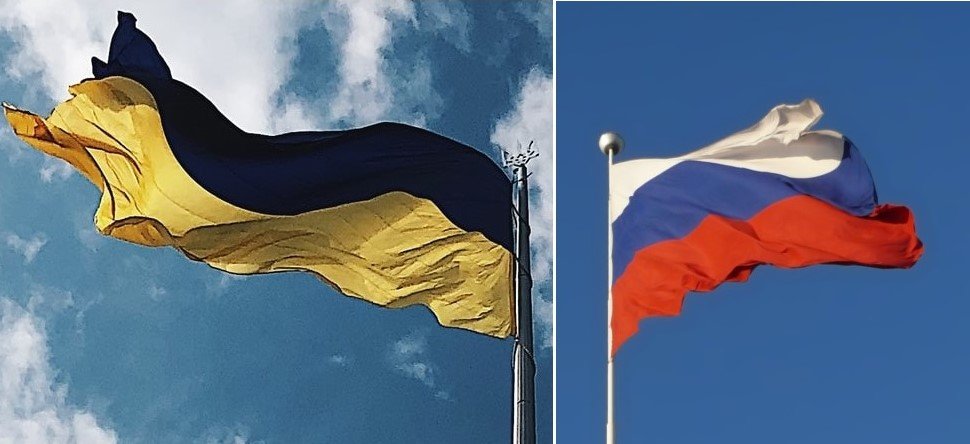NATO Leaders Meet on New Threat and New Members

The leaders of NATO countries are meeting to refocus the military alliance that has awakened from hibernation. At their summit in Madrid, they reflect on how to counter new threats from the old enemy Russia and emerging China and set NATO’s course for the coming years.
But the show of power misses an exclamation mark as it continues to fail to welcome Sweden and Finland as new members.
The Madrid summit should have been about China, according to the United States, the main pillar of the alliance. But because of the Russian war against Ukraine, a lot of attention goes to Russia. That country is the most important and a direct threat to NATO, Prime Minister Rutte, US President Biden and their 28 fellow leaders will determine.
That was different a few years ago. NATO’s job description even calls Russia a “partner”. The alliance believes it is high time to bring that twelve-year-old “strategic concept” up to date.
The new threat from Moscow also calls for a substantial reinforcement of the NATO countries that have or fear Russia as a neighbour. NATO wants to increase its so-called rapid reaction force approximately eightfold. But encamping troops permanently on the eastern flank, as the Baltic countries want, is probably not an option. It is better to have these ready elsewhere so that the alliance remains more flexible, many member states think. Although it is useful to have the tanks and artillery for these summoning troops ready in the east, for example.
China need not fear the harsh language that NATO chooses for Russia. But the emerging world power is mentioned for the first time in the strategy of the traditionally explicit North Atlantic alliance. Albeit not as a threat, as the US would like to see, but presumably as a “challenge”. The fact that the leaders of South Korea, Japan, Australia and New Zealand are also joining the summit for the first time should reinforce the message to Beijing.
All this, however, threatens to be overshadowed by the unexpectedly difficult accession of Sweden and Finland, NATO sources fear. NATO had hoped to welcome the aspirants who had finally warmed up to Madrid as new members. But she had counted outside the member state of Turkey. That country is thwarting their accession, partly because Sweden in particular would give the Kurds and other opponents of Ankara too much space. While that lasts, the two aspiring members are in a predicament and NATO’s unanimity is flaking off.
A breakthrough may only be in sight if the Americans intervene, insiders think. But the question is whether that is already possible in Madrid.





